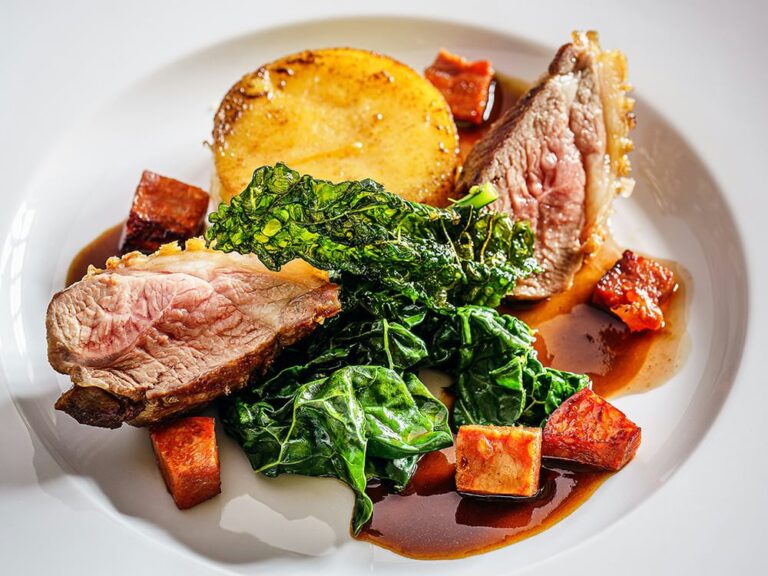amener, apporter, emmener, emporter
The French verbs “amener,” “apporter,” “emmener” and “emporter” are used to translate the English verbs “to take” and “to bring.” But which one should you use? And what happened to “prendre?” mener Both “amener” and “emmener” are based on the verb “mener,” which means “to lead.” You can lead a person, an animal or a…









